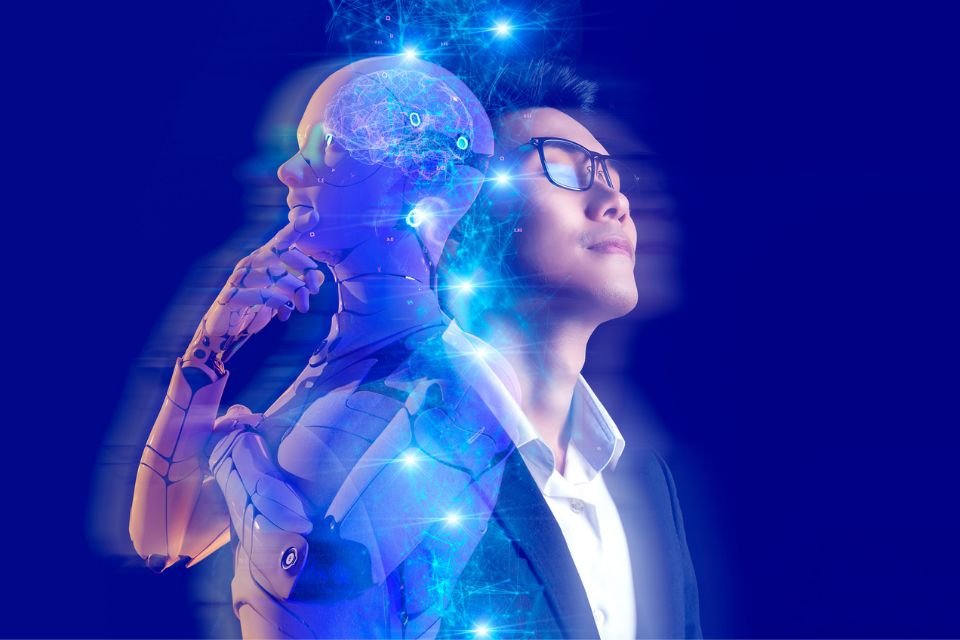As technology advances, it causes changes, some subtle, some far-reaching. In this process, it is common for us to feel fear because we are somewhat resistant to change. We seek routine and stability in life to find our comfort zones.. As such, the advancement of technology often has to respond to fears and insecurity.
Such is the case in the application of artificial intelligence. Today, systems that implement artificial intelligence, automate processes and accelerate decision making have various use cases.
Consider corporate selection processes that go through automated evaluations and ranking of candidates to identify the best profiles for open positions. We can also talk about credit analysis methods and even the mechanics of targeting ads on the Internet that brought you here all of a sudden.
Simply put, the models mentioned above are based on predictive analytics. In short, algorithms are responsible for analyzing historical data and thus predicting the probability of certain events occurring and the best decision for that particular scenario.
For example, in the case of credit, technology can identify the risk of non-repayment of a loanThus, determining the best rate to apply.
After all, should we choose Artificial Intelligence or not?
Some say that by choosing to enlist the help of machines to make decisions, we will reduce humans to a set of numbers, depriving them of the advantage of doubt and their ability to defy odds.
A person’s background – background, previous experience, etc. – by mechanically looking at the probability of fitting into an open position, we eliminate the possibility of this person exceeding expectations given the chance. Estimates that are initially nothing more than estimates will be treated as certainties.
Ironically, they are actually true when applied. The past defines the future, and this thwarts the potential for change inherent in every human being.
However, despite all doubts, it cannot be denied. application of technology accelerates processes, brings assertiveness and combats risks. The truth is that any decision-making, human or mechanized, is subject to errors and biases.
Moreover, there is no perfect world and never will be. Nothing guarantees that placing people alone in the exclusive responsibility of (inherently subjective) decisions will prevent injustice or abuse. In fact, in many cases science shows just the opposite: the objectivity of algorithms solves many decision problems.
So, rather than thinking about banning the use of technology, perhaps the best way is to try to find a balance: maintaining technological progress but preventing damage from occurring by identifying and mitigating risks.
This is the suggestion european commission for the regulation of artificial intelligence, having a birthday a few months ago. In summary, regulation requires AI systems to undergo an initial analysis of the risks involved, which will determine the level of obligations that must be fulfilled by those responsible.
In Brazil, the Federal Senate launched a Lawyers’ Commission to shape our future regulation on the subject, and this commission has recently received contributions from various actors in society with public participation.
In this context, we hope that the future Brazilian regulation will promote economic development and innovation, thereby adopting the risk-based approach and corporate digital trust, while the fearful move away from its reckless strategy of prohibition and prevention. includes technological progress.
Source: Tec Mundo










